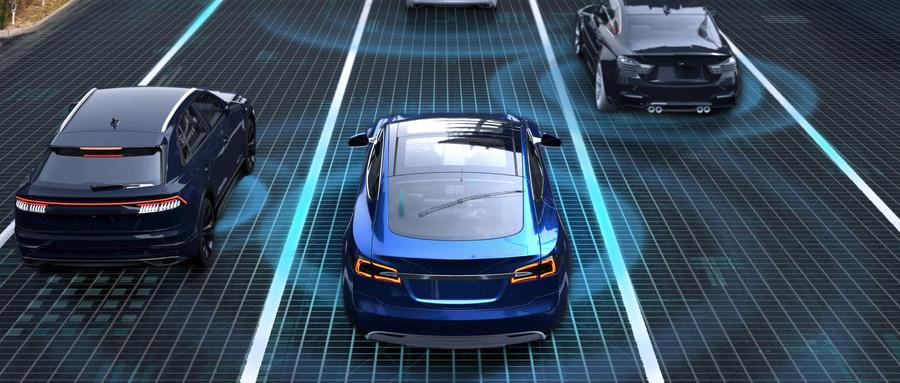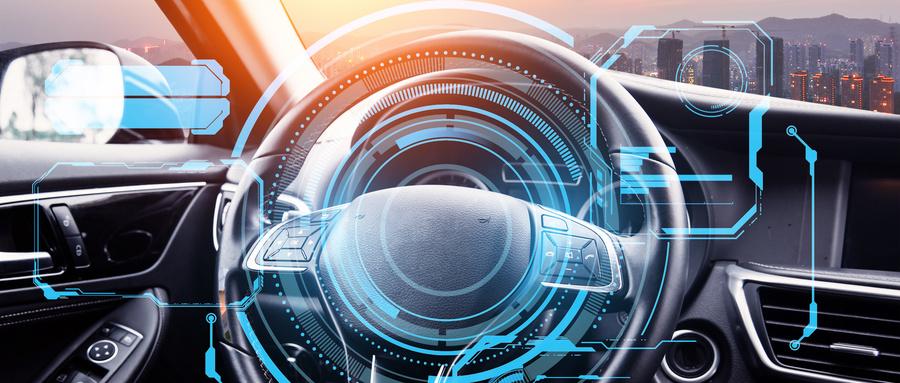ITSEG
Australia National Competitive Grants
"Advancing Robust Autonomy in Cyber-Physical Systems", CI, ARC Future Fellow grant FT240100269. Awarded $960,412. 2024-2028.
This project enhances the safety of cyber-physical systems such as unmanned aerial vehicles, autonomous vehicles, and smart farming technologies in Australia. It will leverage large language models for generating realistic scenarios of potential hazards and extracting formal models for rigorous testing. This interdisciplinary approach aligns with Australia's goals for national safety and innovation in autonomous systems, addressing key challenges outlined in the national regulatory frameworks for autonomous vehicles and mining. The anticipated outcomes include improved methods for safe autonomous operations, fostering safer commercialisation pathways and bolstering Australia’s global market competitiveness in autonomous technology sectors.
"Robust and Scalable Autonomous Landing for Drones", CI, ARC Linkage Project grant LP210100337. Awarded $459,593. 2022-2025.
The aim of this project is to develop a transformative robust and scalable autonomous landing system for drones. This is the critical missing technology needed to unleash exponential growth in a potentially enormous drone delivery industry by enabling a multitude of applications to deliver goods and supplies via drones to a wide range of destinations in Australia and the world in a timely, flexible and accurate manner. Such an autonomous landing solution would revolutionise drone technology, and propel Australia to the forefront of technology innovation. This project would benefit not only large scale delivery by drone in urban and suburban areas of Australia but also long distance delivery via drone to remote areas of Australia.
"Context-aware verification and validation framework for autonomous driving", CI, ARC Discovery Project grant DP210102447. Awarded $448,958. 2021-2024.
This project aims to enhance the reliability and safety of emerging self-driving vehicles, through a framework that supports the validation and verification of autonomous driving systems. This project expects to generate new knowledge in areas of software engineering, intelligent transport, and machine learning, using a multi-disciplinary research combining expertise from various fields. Expected outcomes of this project are a family of new context-aware techniques to verify and validate complex behaviours in autonomous driving. This should provide significant benefits, such as safe autonomous driving systems and the improved journey experience and security for road users.
"A safety-preserving ecosystem for autonomous driving", Leader CI, ARC Linkage Project grant LP190100676. Awarded $341,853. 2021-2024.
In this project, Macquarie University will collaborate with UTS and COEUSTECH to develop an innovative safety-preserving ecosystem for autonomous driving. This system will not only be adopted by COEUSTECH customers (automotive companies) to secure their latest autonomous driving models, but also be commercialised as a toolset that can be plugged into existing autonomous vehicles to detect and prevent malicious attacks on autonomous driving models. The project will lead to two innovations: in theory design an attack detection and prevention ecosystem for autonomous driving and in application implement a safety analysis toolset for industry-scale autonomous systems.
"Trustworthy AI-human interaction in cyber-physical systems", Leader CI, Australian Data61/CSIRO CRP Project grant C020996. Awarded $130,440. 2019-2022.
In this project, we aim to develop testing and validation technologies to enhance the trustworthiness of machine learning models trained on edge devices. As a new form of AI models training, we first will use new software development patterns to effectively integrate data from multiple modalities for training AI-Human Interaction models. As a new form of AI testing, we plan to adopt data-driven metamorphic relations to thoroughly test AI-Human Interaction models to detect models' safety issues. As a new form of runtime verification for AI models, we will develop an online-learning anomaly detection architecture that can detect anomalies in the AI-Human interaction models at runtime. As a case study, we will create a variety of AI models for driver fatigue detection using semi-autonomous or autonomous vehicles.






